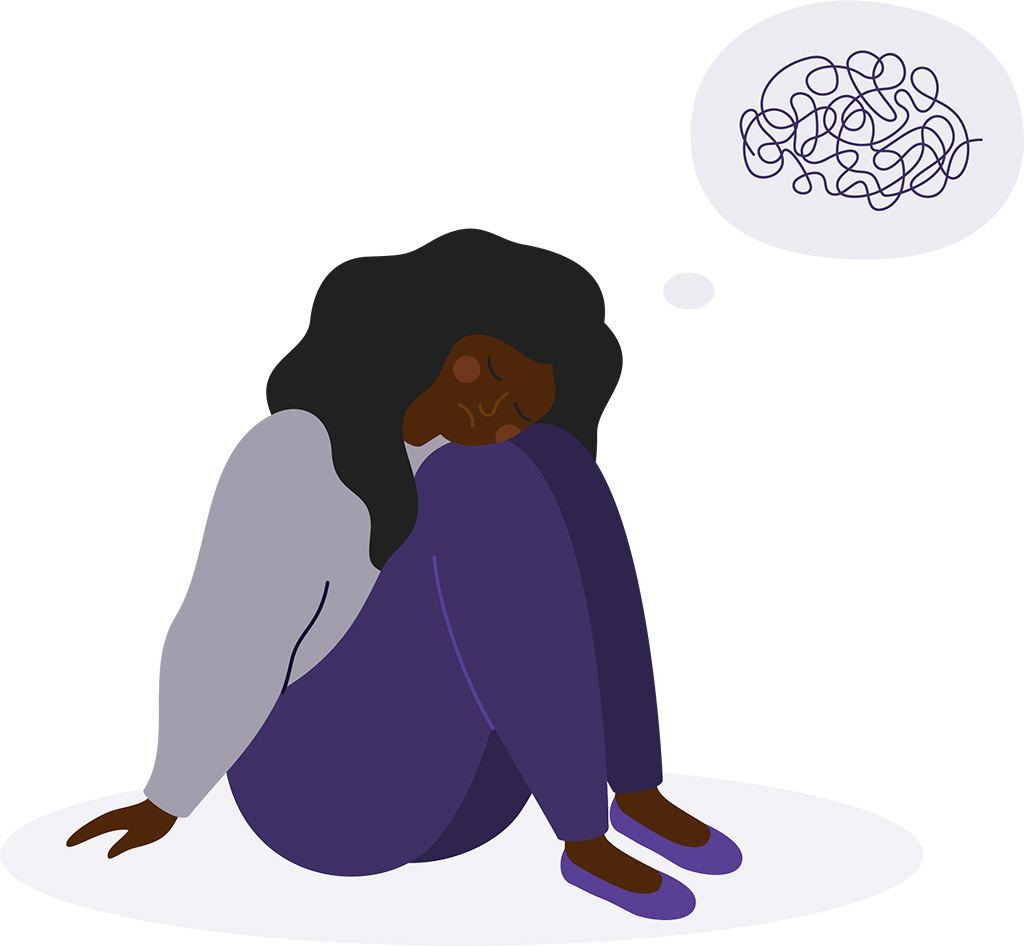
Supporting a Loved One
Knowing where to go and who to see to avoid wasting time and energy can make a difference…
Helping provide families with a reason to hope and the means to cope.
BCSS provides support to families across British Columbia who are affected by schizophrenia and other serious mental illnesses.
get help
BCSS's team of educators throughout BC assist local families by collaborating with mental health organizations, providing programs, support groups, workshops, psychosocial education, and resources.

BCSS primarily offers resources and groups for family members looking for resources and guidance on how to best support their loved one with schizophrenia.
If you or a family member is in immediate crisis, please call 9-1-1.

Knowing where to go and who to see to avoid wasting time and energy can make a difference…

Family Support Groups are for family members and close friends who are supporting someone with a severe mental…

Strengthening Families Together is a six-session program that provides knowledge, support, and tools for families to better cope…
Try to offer empathy and focus on the emotions that the person is experiencing. Arguing facts and details may cause your loved one to shut down and perceive you as judging them. Offer support that doesn’t confirm or deny the delusion.
When someone is experiencing psychosis symptoms, it is important to intervene early to help reduce the length of time they are in psychosis. This can result in better overall outcomes in their recovery process. For more information, visit the Early Psychosis Intervention website.
A common symptom of schizophrenia-spectrum disorders is anosognosia (pronounced ahh-no-sog-noh-zee-uh). This symptom defines the common concern many family members and loved ones of people with mental illness have – “they don’t recognize that they are ill.”
Anosognosia is often misinterpreted as stubbornness, denial, or refusal of treatment. This symptom can be frustrating for the families and friends trying to support their loved one and the individual with the mental illness. Would you go to the doctor if you didn’t think you were sick?
Severe and persistent mental illness (SPMI) is a term used to describe a category of mental disorders that are characterized by their seriousness and long-lasting nature. SPMIs typically significantly impact a person’s ability to function in daily life. These conditions often require ongoing treatment and support.
If symptoms are occurring, ask your doctor for an assessment or referral. Family members are usually the first to notice and help their loved one seek medical help. See Supporting a Loved One for more information.
Visit Find Support Near You to find a regional educator near you.